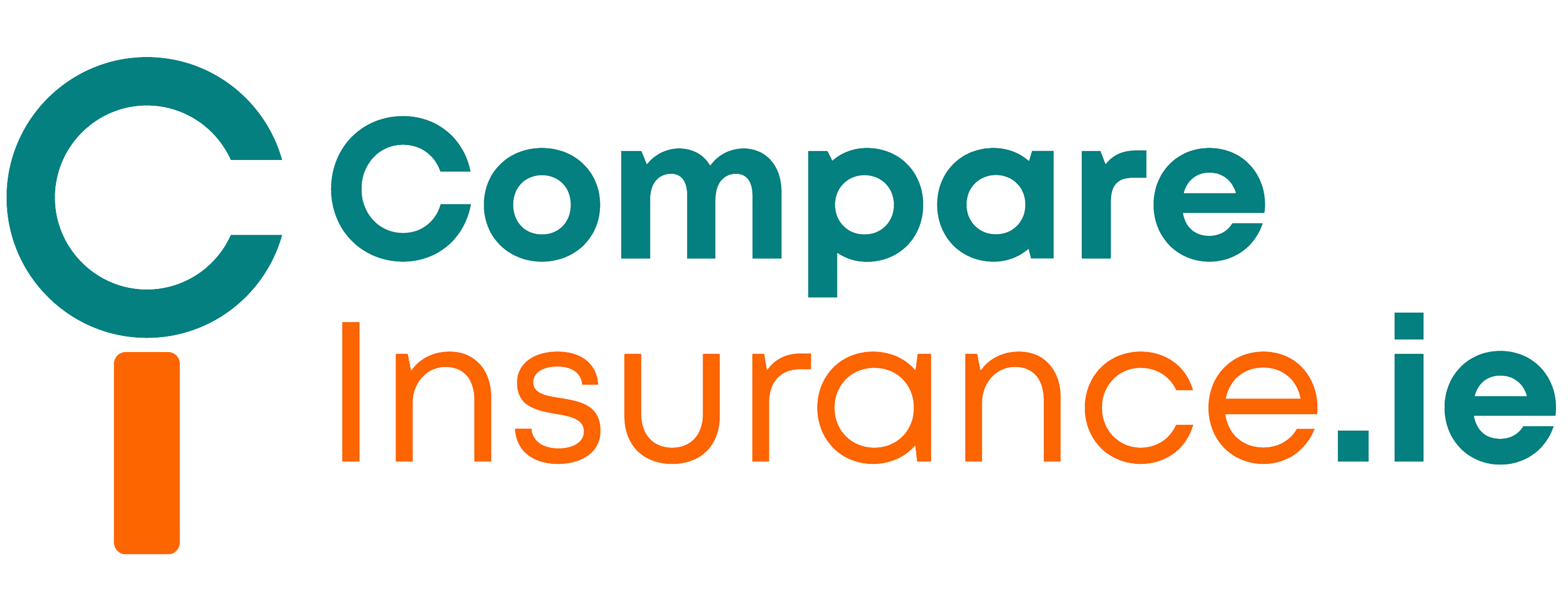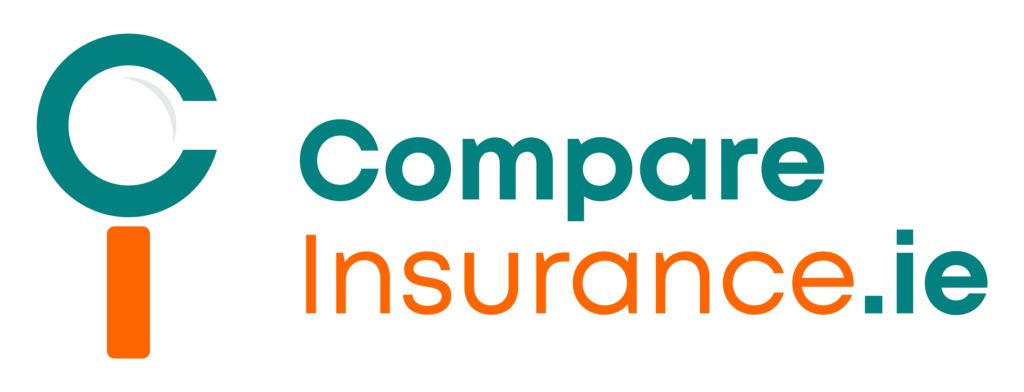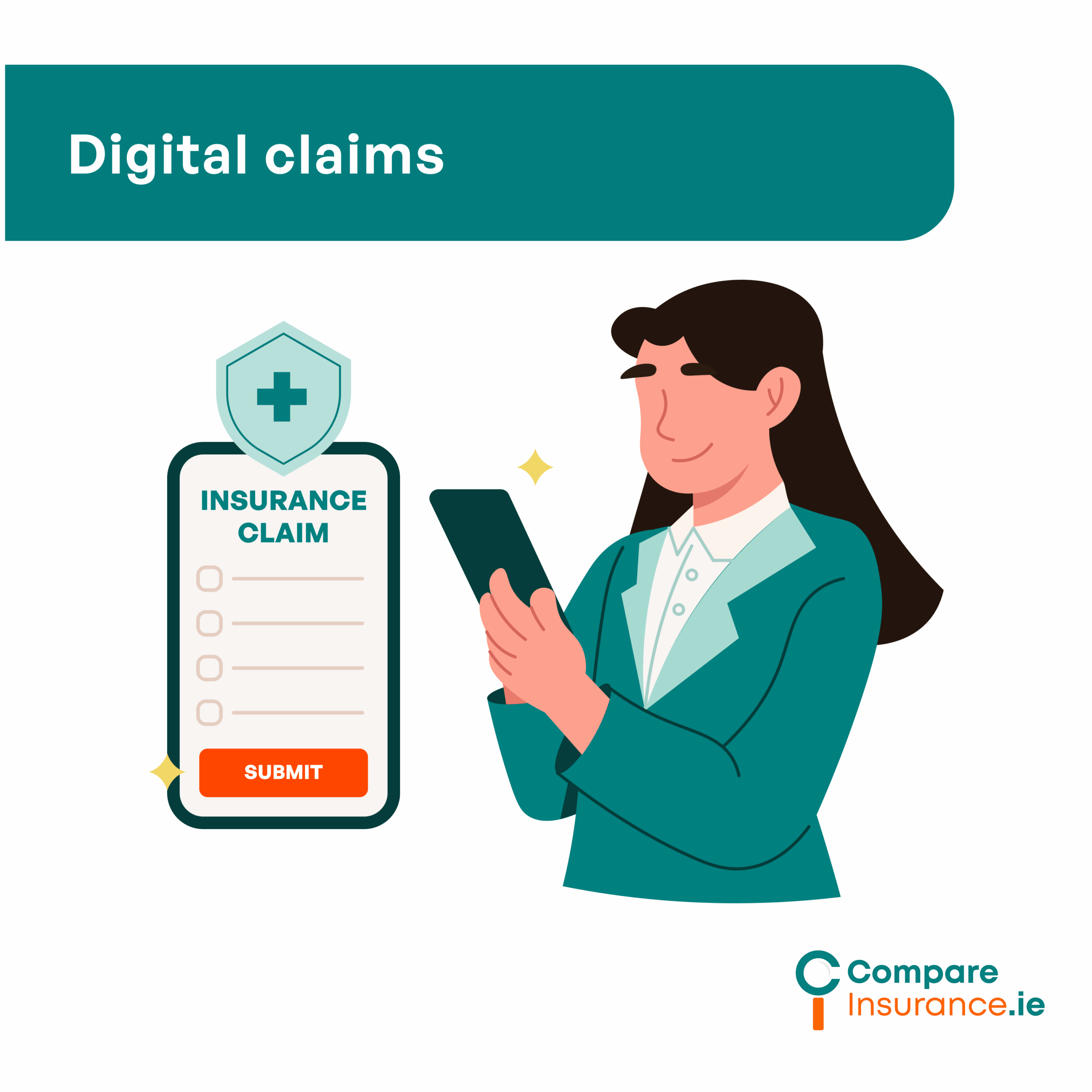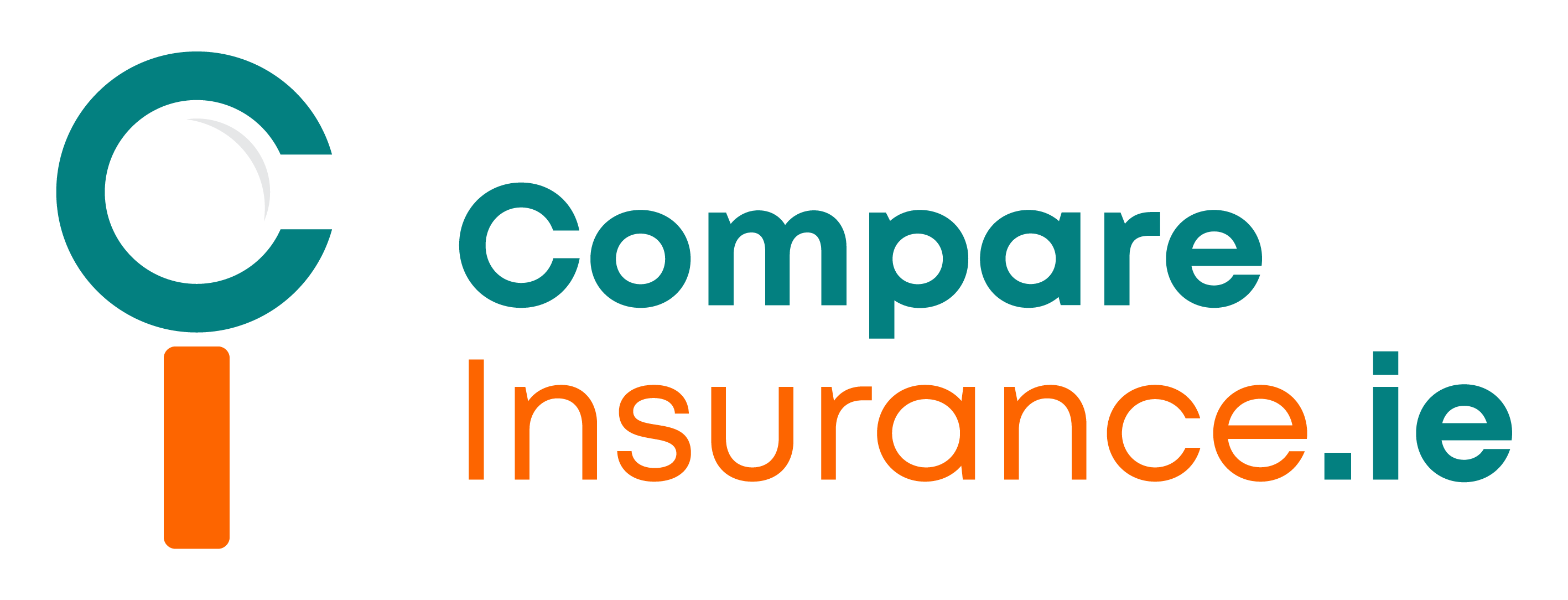Envisaging the future of insurance increasingly means considering how all of the processes involved in the provision of insurance may be transformed by new technologies.
Digital insurance claims are an exciting development which can lead to faster claims handling, reduced errors, and an improved claims experience for the customer.
Digital insurance claims involve the use of new technology and claims management software to move away from traditional claims management and improve outcomes for insurance customers.
What is a digital claim?
You may already be somewhat familiar with digital claims if you have health insurance.
Using an insurance company’s app, you provide the insurer with details of your treatment and provider, upload a photo of the receipt for your treatment, and, after your claim has been processed, your reimbursement is provided by the insurer.
Digital insurance claims encompass much more than this, however, and may involve a range of new technologies to streamline and improve each stage of the claims process.
Digitisation
Natural Language Processing (NLP) enables computers to understand and extract the relevant data from human-created documents. Using this technology, along with photo based apps and digital documentation will mean that the insurance claims process can be digitised.
Using virtual assistants and bots, to complement traditional, real world customer service agents will also allow insurance companies to address customer queries, complaints, and claims at enhanced speed and volume.
Traditional claims handling, involving copious paperwork, sometimes lengthy phone calls, complex and somewhat opaque processes, could be transformed by harnessing new software and technologies to provide fully digital claim handling for customers.
What are the advantages of digital claims?
Advantages for the insurer are obvious with new technologies repaying investment by leading to improved, centralised systems which generate information for the insurer and also simpler, more accurate, and speedier claims handling.
Improved fraud detection may also lead from the adoption of these new technologies which would improve insurance provision for both insurance companies and customers.
Use of new technologies will also have benefits for insurance customers or policyholders also, however.
Advantages of digital claims for insurance customers
Digital claims will allow for customers to use an app based platform to initiate claims, and also track their progress. This transparency and ‘real time’ information will improve the customer’s claim experience as well as save time and reduce the possibility of errors in the process.
A digital claims process will also allow for 24/7 virtual access to customer support, including the possibility of completely digital claims handling for those who do not wish to interact with insurance company agents.
App based platforms will allow photos of property or car damage, for example, to be uploaded as well as digitised receipts and documents.
For simpler claims, an app or platform may even be able to approve the claim and provide the customer with a digital payment.
Technological advances
New technologies may go even further than this, however. Some examples include the use of sensors on your home, or vehicle to send your insurance company real time information.
Data from smart devices, telematics, may be used to provide your home insurer with evidence of an event in real time. Another example of an application of this technology would be smoke or leak detectors in your home which can alert your home insurer to a fire or leak even before any damage is done.
Insurers may also use drone technology to investigate damage to property or your car, for example, replacing the need for physical inspections.
This would mean that the claims management process would be more streamlined and, therefore, more accurate and speedier for the customer.
The future of insurance
Digital insurance claims involve employing new technology and software at each step in the process of making an insurance claim, including informing your insurance company of a claim, processing the claim, and claim settlement.
This will allow insurance claims to be increasingly dealt with digitally, with less paperwork, less human interaction, and with increased transparency and regular updates for the customer.
Compare Insurance
Compare Insurance works with leading Irish insurers who are gradually adopting new technologies, recognising that digitisation will increasingly become a feature of insurance provision.
We aim to provide you with all the information you need to make an informed choice when purchasing insurance.
For all types of insurance, complete our online assessment, to get quotes and compare different insurance providers. You can also avail of a free phone consultation to discuss your options with a qualified advisor.

Author: Séamus Ó Doirín | Chief Insurance Editor
Séamus Ó Doirín is a Donegal based QFA who has been writing about insurance since 2020. His main focus is getting people the best value for insurance in the Irish market. His writing covers all areas of insurance and is a valuable part of the Compare Insurance team.



